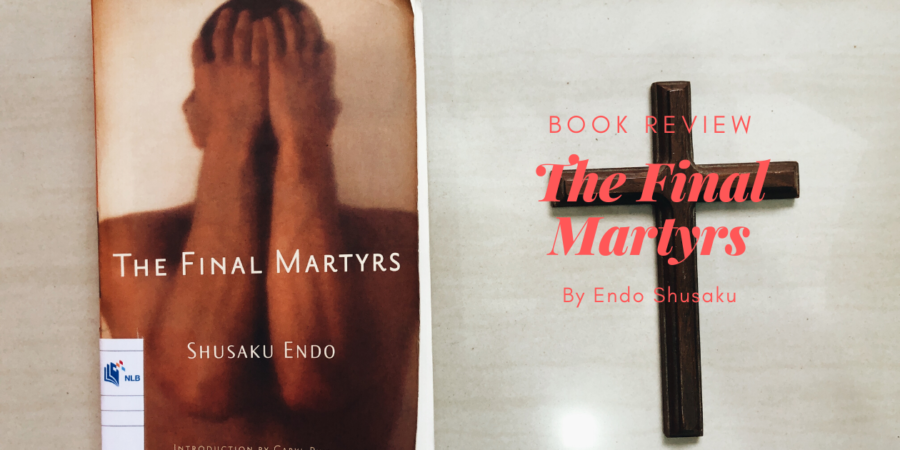Rereading Silence at the start of the year reminded me that there are a lot of books by Endo that I haven’t read. There’s quite a lot there hasn’t been translated, but I found a copy of The Final Martyrs in the library and decided to make that my first Endo Short Story read (I know, I did my EE on him and I haven’t even read his short stories!)
The Final Martyrs is a collection of eleven short stories from 1959 (before Silence was published in 1966 to 1985. The titular story is a historical piece that inspired Silence, but the rest of the short stories were set in the present, now recent past. Settings range from Japan to Warsaw to Dalian, China. Many include autobiographical details, something that makes sense when you read the afterword, where Endo writes that he has “forged intimate familiar ties with these characters, who reflect portions of myself.”
Of the eleven short stories, the two that left the greatest impression on me were:
- The Final Martyrs: Kisuke, a known coward and proto-Kichijiro character, is the first in his village to apostatise under torture. But like the character that comes after him, Kisuke returns to the brothers that he betrayed.
- The Last Supper: Endo uses the concept of the last supper to deal with guilt and sin in a very modern way. This story was haunting and it’s going to stick with me for some time.
My overall sense of this book is that though it was written over a long period of time, there is a lot less wrestling with God than what you get in Silence. Perhaps it’s because a lot of the books have older protagonists looking back on their lives, but though the stories deal with the similar themes of belonging, youth/life, and death, they don’t deal with the question of God’s existence as much. It’s as though he’s wrestling with ideas within Christianity than with Christianity, if that makes it a bit clearer.
While I wouldn’t recommend this as an introduction to Endo’s work (Silence is still my number one recommendation), fans of Endo’s fiction and those looking to explore the one of the ways Japanese people interpret Christianity should read this collection.
Featured Image: Photo by Me
